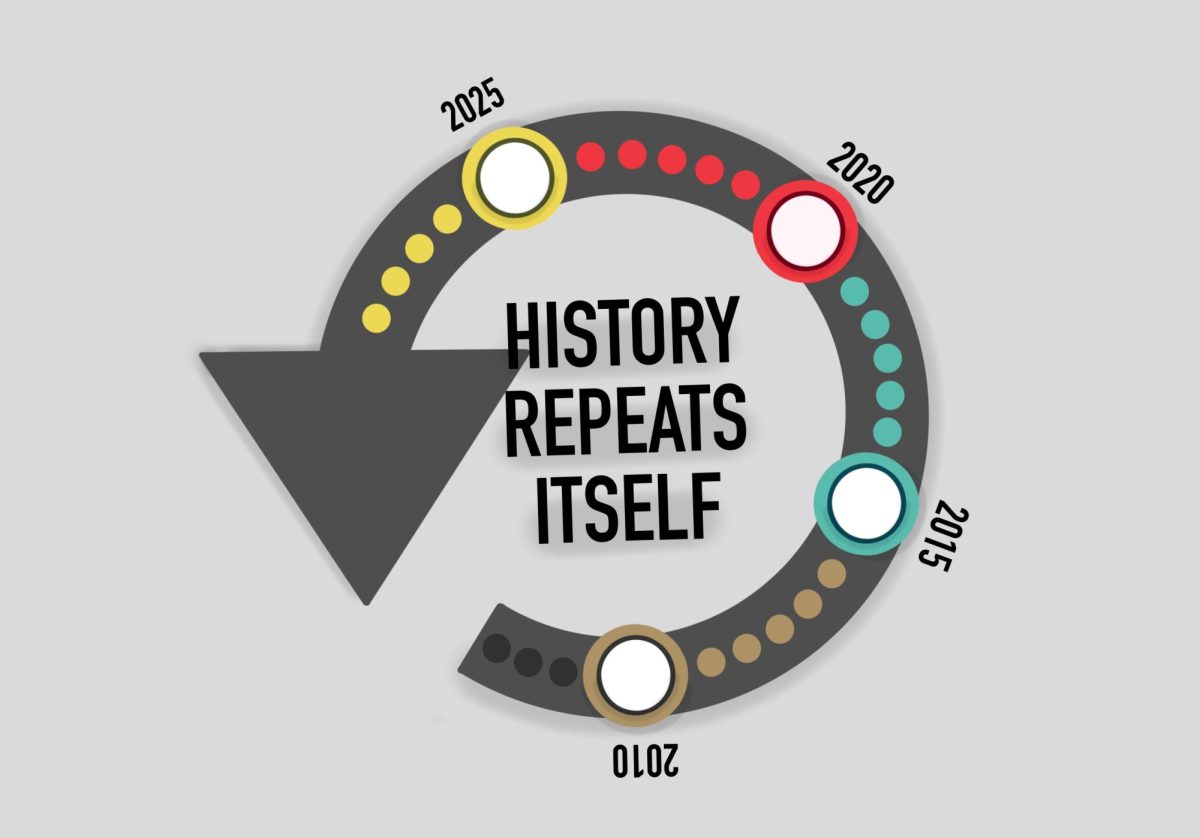I wanted to point out that the word neocon was used incorrectly twice in Adri Mehra’s Friday column “So long Roe v. Wade.”
While there is a robust debate about what neoconservatism is, (Irving Kristol tends to define it differently than Paul Berman or Pat Buchanan), there is no debate, of which I am aware, that centers it as a judicial philosophy. That is to say, it is a strain of conservatism that focuses on foreign policy at the expense of “small government.” It’s arguably only a foreign policy movement. Neoconservatism has nothing to do with abortion or domestic social issues. Patrick Buchanan often claims that most neocons aren’t really even pro-life or “real conservatives.”
Thus, for Mehra to describe Supreme Court justices John Roberts and Samuel Alito as “neocons” is incorrect nomenclature. I am not aware of either advocating for the spread of democracy through force abroad or through judicial means by neocons. The idea of the unitary executive did come up in the Alito hearings, and one could make the case that makes Alito a neocon, but it still does not draw a correlation between neoconservatism and abortion.
Furthermore, Mehra, who is not alone in this hiccup, ignores that there is still no coherent definition of what neoconservatism is. As Kristol put it, “When two neoconservatives meet they are more likely to argue with one another than to confer or conspire.” Perhaps James Wilson put it best when he said that neocons have no common “manifesto, credo, religion, flag, anthem or secret handshake.” To insinuate that all neocons are even some type of a coherent movement within government would be folly.
I suppose Mehra meant to use the word as a slander, but I can name a bevy of descriptions that are more accurate than “neocon”: Right-wing originalist, rigid textualist and arch conservative who is committed to the intellectual folly are a few that come to mind. While I do respect the hard work that goes into editing the editorial page, and the hard work of the Daily, I think in the future when columnists describe policy issues or people as “neoconservative” or “neocons” it should be related to foreign policy and possibly issues of domestic spending. Textualist, originalist, conservative activist, (I strongly disagree with the last one, but it at least makes sense), are all better adjectives than neocon.
Aaron B. Solem is a University student. Please send comments to [email protected]







